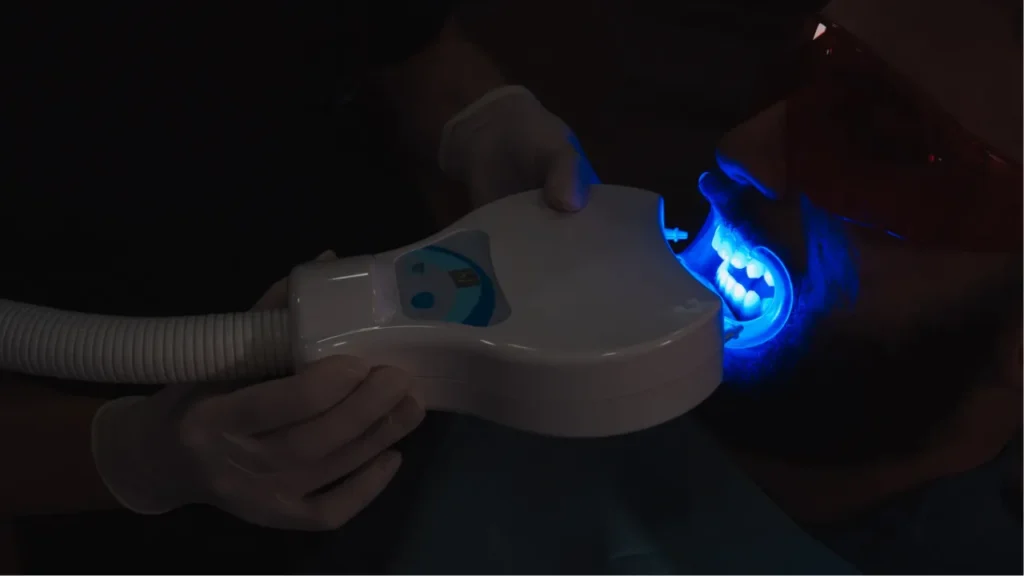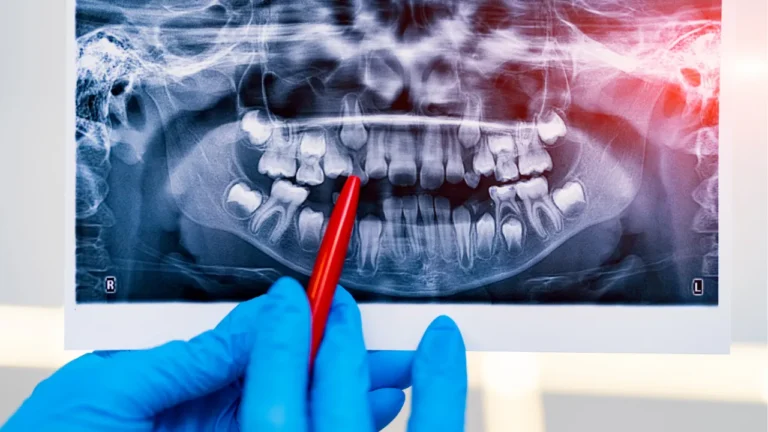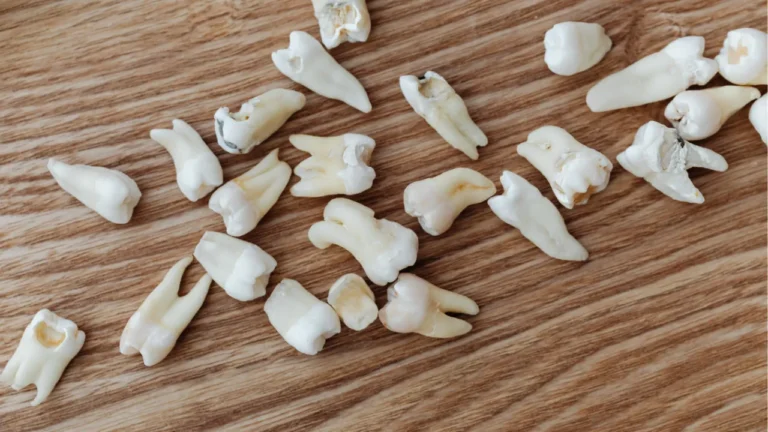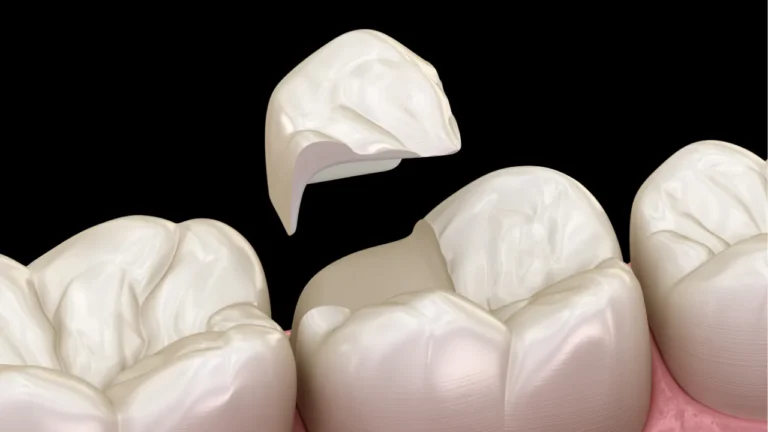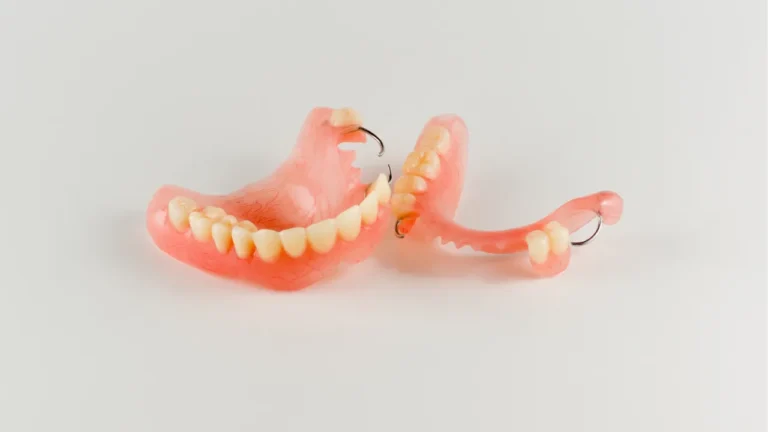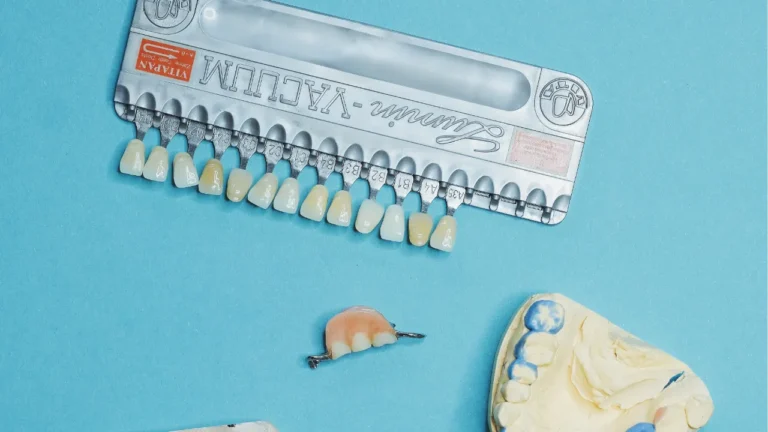Laser dentistry offers a more comfortable, precise, and less invasive alternative to traditional tools — reducing pain, bleeding, and recovery time during dental treatments.
Whether used for gum reshaping, cavity removal, or treating infections, dental lasers target tissue accurately and often eliminate the need for drills or stitches.
This makes it an ideal option for patients seeking faster healing, minimal discomfort, and modern care.
Quick Summary
- Laser dentistry uses focused light to treat teeth and gums with high precision
- Benefits include less pain, reduced bleeding/swelling, faster healing, and minimal need for anesthesia
- Common uses: cavity removal, gum disease treatment, teeth whitening, gum reshaping, root canal therapy, and cold sore treatment
- Ideal for patients seeking minimally invasive, modern, and comfortable dental care
What is Laser Dentistry?
Laser dentistry uses highly focused light beams to treat a variety of dental conditions.
These lasers can remove or reshape soft and hard tissues in the mouth with greater accuracy than traditional dental instruments.
There are two primary types of lasers used in dentistry:
- Soft Tissue Lasers – Used for procedures involving the gums, such as gum reshaping, treating gum disease, and removing oral lesions.
- Hard Tissue Lasers – Used for procedures involving the teeth, such as cavity treatment and tooth preparation.
Laser dentistry is approved by the FDA and has been widely adopted by dentists seeking to provide minimally invasive and more comfortable treatment options for their patients.
Benefits of Laser Dentistry
1. Minimally Invasive and Less Painful
Traditional dental treatments often require drills and scalpels, which can cause discomfort and anxiety for many patients.
Laser dentistry reduces the need for these tools, resulting in a painless or significantly less painful experience. In many cases, patients do not even require anesthesia.
2. Reduced Bleeding and Swelling
Laser procedures cauterize blood vessels as they work, minimizing bleeding and reducing post-treatment swelling.
This makes recovery faster and more comfortable compared to traditional methods.
3. Faster Healing and Recovery
Since lasers minimize trauma to surrounding tissues, the body heals more quickly after treatment.
This is especially beneficial for gum disease treatments and surgical procedures.
Patients often experience less post-procedure discomfort and can return to their normal activities sooner.
4. More Precise and Efficient Treatments
Lasers allow dentists to target only the affected areas, preserving more of the healthy surrounding tissue.
This precision is particularly useful for treating cavities, removing decay, and reshaping gums.
5. Lower Risk of Infection
Because laser energy sterilizes the treatment area as it works, it reduces the risk of bacterial infections.
This is especially important for procedures like gum disease treatment and root canal therapy.
6. Less Need for Anesthesia
Many laser procedures cause little to no discomfort, reducing the need for anesthesia.
This is an advantage for patients who prefer to avoid needles or have sensitivities to anesthesia.
7. Reduced Dental Anxiety
For patients who experience fear of drills or needles, laser dentistry provides a gentler alternative.
The lack of loud noises, vibrations, and discomfort makes dental visits much less stressful.
Common Laser Dentistry Procedures
1. Cavity Detection and Tooth Decay Removal
Lasers can detect cavities at an early stage, allowing for less invasive treatments. They can also remove decay and prepare the tooth for a filling without the need for drilling.
2. Gum Disease Treatment
Lasers are used to remove infected gum tissue, promote healing, and reduce bacteria in gum pockets. This is an effective treatment for gingivitis and periodontitis.
3. Teeth Whitening
Laser-activated whitening treatments enhance the effectiveness of whitening agents, providing faster and longer-lasting results compared to traditional whitening methods.
4. Frenectomy (Tongue-Tie and Lip-Tie Correction)
Lasers are used to perform frenectomies, a procedure that corrects tongue-ties and lip-ties in infants, children, and adults.
This can improve speech, breastfeeding, and oral function.
5. Crown Lengthening and Gum Reshaping
For patients with a gummy smile or uneven gum lines, lasers can reshape the gums to create a more balanced appearance.
6. Treatment of Cold Sores and Canker Sores
Laser therapy helps to reduce pain and accelerate healing of cold sores and canker sores by killing bacteria and stimulating tissue regeneration.
7. Root Canal Therapy
Lasers can be used to clean and disinfect root canals more effectively, reducing pain, infection risk, and recovery time.
Is Laser Dentistry Right for You?
Laser dentistry is safe and effective for patients of all ages, including children and those with dental anxiety.
However, the suitability of laser treatments depends on your specific dental needs.
Some procedures may still require traditional methods, so it is essential to consult with your dentist to determine the best treatment plan for you.
Final Thoughts
Laser dentistry has transformed the way many dental procedures are performed, offering minimally invasive, precise, and more comfortable treatments.
Whether you need gum disease treatment, cavity removal, or cosmetic procedures, laser technology can improve your experience and reduce recovery time.
At Every Smile Dentistry, we are proud to offer advanced laser dental treatments to provide our patients with the best possible care.
If you are interested in learning more about how laser dentistry can benefit you, contact us today to schedule a consultation.

